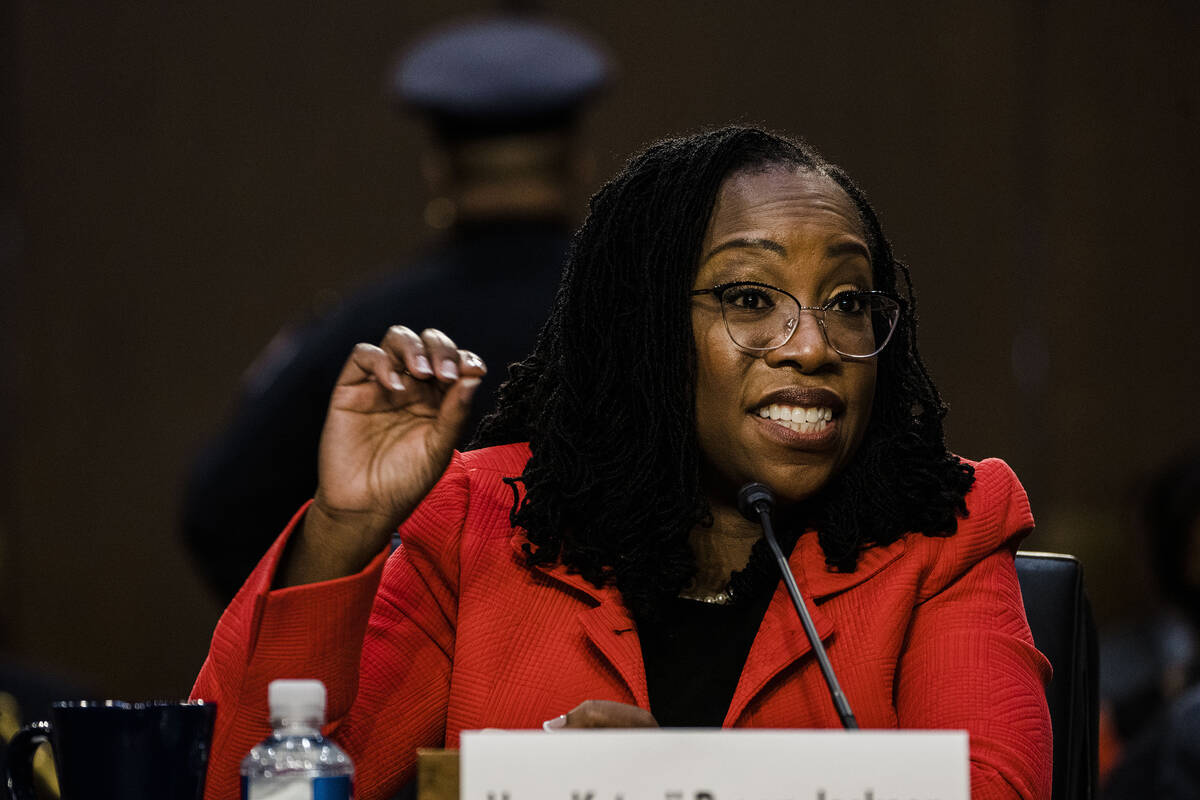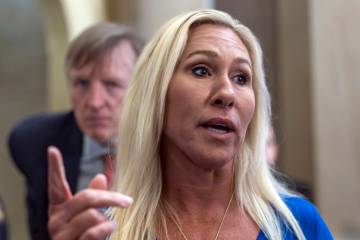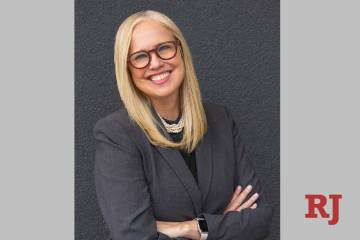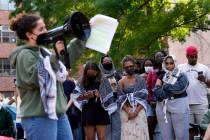Supreme Court’s conservatives appear ready to end college affirmative action
WASHINGTON — The Supreme Court’s conservative majority sounded skeptical of affirmative action during arguments Monday, questioning why universities should be able to continue using race as a factor in deciding who they admit.
The justices were clearly divided as they heard challenges to the admissions policies at Harvard and the University of North Carolina at Chapel Hill.
The six conservatives said the court in the past had upheld race-based admissions policies as a temporary measure, not permanent. In their comments and questions, they said it may be time for such policies to end.
Justice Brett M. Kavanaugh said “racial classifications are dangerous” and may not be used routinely or forever. “Are we there yet?” he asked.
“What’s the end point?” Justice Amy Coney Barrett asked an attorney representing UNC. “Would you defend this in 2040?”
“It never ends,” said Chief Justice John G. Roberts Jr.
Justice Neil M. Gorsuch said the Civil Rights Act of 1964 states that universities receiving federal funds may not discriminate based on race or ethnicity.
But the court’s three liberals argued that affirmative action has been necessary and remains so.
Justice Elena Kagan said the nation’s top universities need racial diversity on campus. These schools are “pipelines for leadership in our society. These programs have been understood to be necessary,” she said.
Justice Ketanji Brown Jackson strongly defended considering a student’s race as one factor in weighing their applications.
Why would universities consider “all of the other background personal considerations, but not race?” she said.
She said it would be a mistake and maybe discriminatory if the high court barred the use of race entirely.
The challengers were asking the court to overturn its past rulings that upheld limited affirmative action in college admissions.
Lawyers for the two universities urged the court to stick with its precedents and preserve affirmative action. They were joined by U.S. Solicitor General Elizabeth Prelogar.
Prelogar said a ruling in favor of the challengers would lead a sharp drop in “racial diversity at many of our nation’s leading institutions,” including corporate America and the nation’s military.
———





























